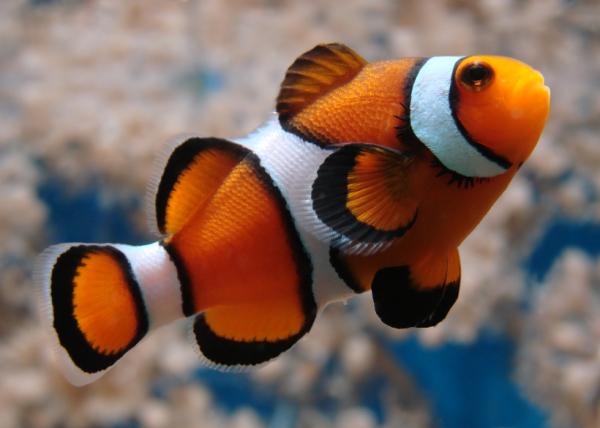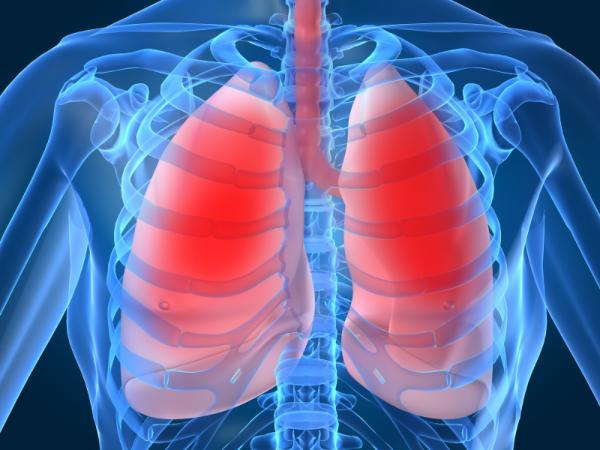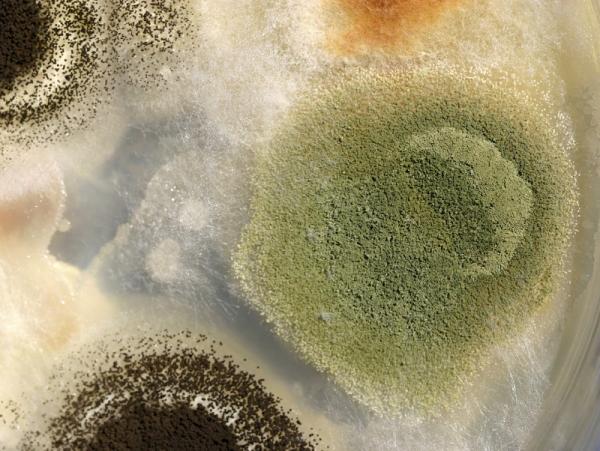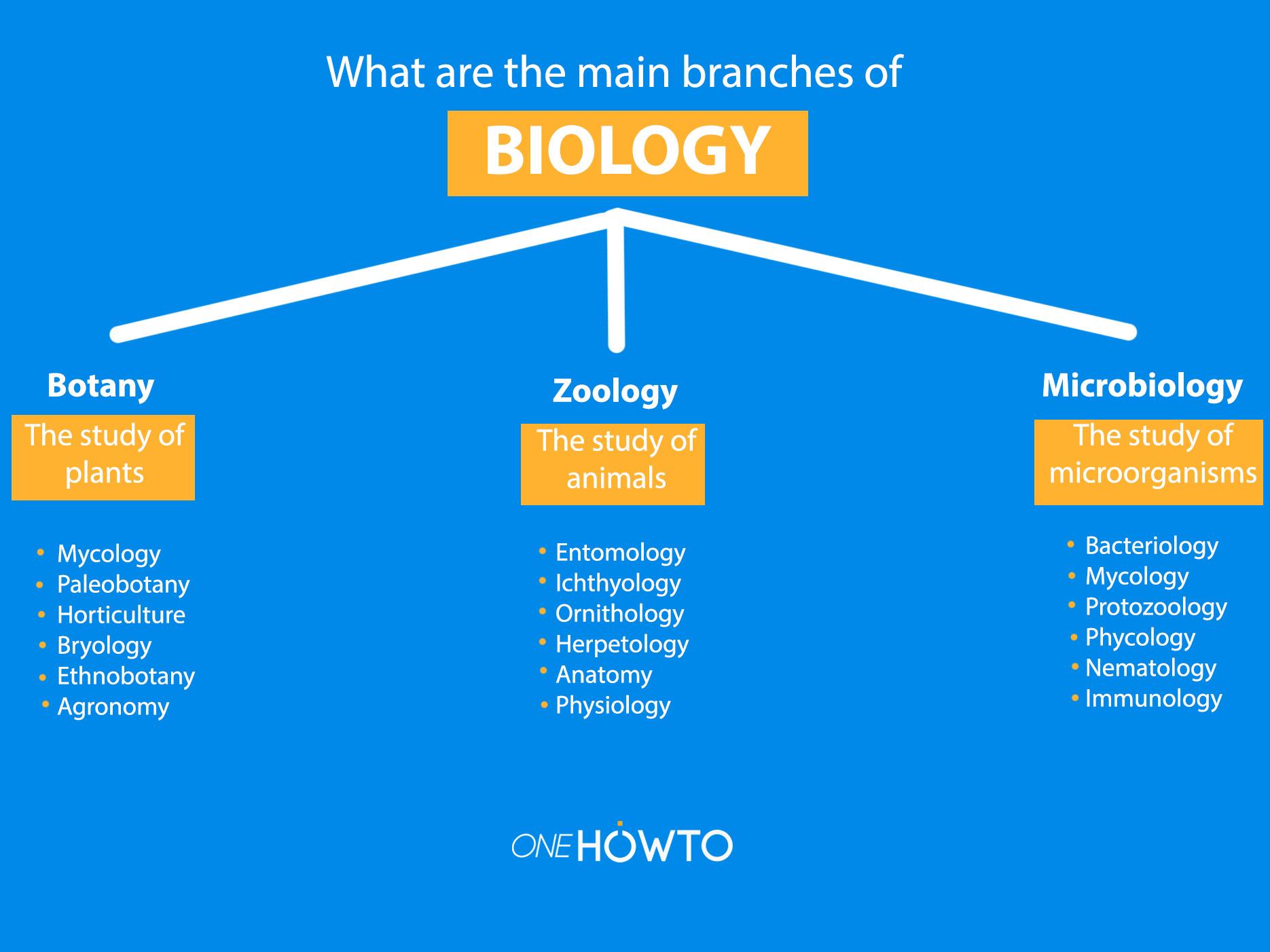What Are The Main Branches Of Biology And What Do They Study?


Biology is the science that studies living organisms and their life processes. As a science, it has multiple branches that go into greater detail studying issues such as evolution, nutrition, morphogenesis, reproduction etc. There are three major branches of biology: botany (plants), zoology (animals) and microbiology (microorganisms).
If you are interested in knowing more about the different branches, keep reading this article to learn the branches of biology.
Cellular biology
Cellular biology or cytology is the branch of biology which studies the structure and function of cells. This discipline is responsible for understanding among other matters the properties, structures and functions of these as well as their interaction with the environment. Undoubtedly, it is a fairly wide field which started being studied following the invention of the optical microscope.
Within this branch we find the following fields:
Cytology
This is is the branch of cellular biology that specifically studies living cells including their specific properties, their physical structure, chemistry and division in order to understand how they interact with nature.
Histology
This field solely focuses on the cellular tissue which is studied from a microscopic point of view.
Microbiology
Microbiology, a science or branch of biology that focuses on the study of microorganisms, which are the smallest living things. These organisms are completely invisible to the human eyes, they are only visible through the use of a microscope. It focuses on how microorganisms affect others.
Palynology
This is the specific study of particles found in the air water or other deposits such as grain, spores and pollen; focusing on how they interact with nature.
Protistology
This is the specific branch that studies Protists, which are eukariotic organisms that cannot be specifically classified as either animal, plant or fungi but are more similar in characteristics to algae.

Molecular biology
Molecular biology is the discipline that studies the biological processes on a molecular level. This branch shares elements of biology with chemistry, particularly genetics and biochemistry. It focuses mainly on studying the interactions of different cell systems.
Bio-engineering is a hybrid that is also related to chemical biology, which aims to research engineering techniques related to biology when using this knowledge on products.
Evolutionary biology
This branch of biology solely focuses on biology from an evolutionary point of view in order to predict how biology will evolve by studying how it has done so in the past thanks to these fields:
Biogeography
This particular branch of biology studies the way in which all living creatures and organisms distribute and have done during history in a geographical point of view.
Developmental biology
Developmental biology is the branch of biology that studies the development of living organisms from birth until death. A less superficial description would state that this discipline studies the processes by which organisms grow. So it focuses on the genetic control of cell growth and cell differentiation and morphogenesis.
Ichnology
This is the study that focuses only on the traces left by living creatures in the past in order to study its activity such as old footprints, trails, etc.
Morphology
Morphology is closely related to developmental biology, as it studies and classifies the structure and the form of all living organisms.
Paleontology
Paleontology is the branch that studies prehistoric fossils in order to better understand our history. For more information, take a look at the practical uses of paleontology.
Evolutionary biology
This branch of biology focuses on how different forms of life are currently changing and studies how they are creating brand new forms of life.
Epigenetics
This branch studies how heritage and a living being's phenotypes can alter nucleotide sequences in their genetics.
Marine biology
Marine biology is the branch of biology that is responsible for studying all the creatures that live within the marine environment. This discipline engulfs a series of specialisations that are centred in more specific areas. And so, amongst these, we can highlight ichthyology, which directly studies fish; malacology, which studies molluscs; phycology, which centres around the study of seaweed; cetology, which studies marine mammals. Learn what you can do with a marine biology degree here!

Medical biology
Medical related branches of biology study all fields that are related to illnesses, alterations and functions of the human body.
Physiology
Physiology is the study of the functions of living beings. A branch that deals with studying the respiratory, reproductive, nervous system etc. Also, within physiology, and depending on the type of living organism, we can distinguish between three groups of plant physiology, animal physiology and lastly human physiology.
Genetics
Genetics is an exciting branch of biology that attempts to study biological heritage which is transmitted from generation to generation. It is a fairly complex branch whose main object is the study of genes formed by segments of DNA and RNA.
Anatomy
This field of biology is in charge of studying the structure of any multi-cellular organism at a naked eye, i.e. macroscopically. In turn, it can be divided into three areas of study: human anatomy, zootomy (animal anatomy), and phytotomy (which is plant anatomy).
Embryology
As you may have already guessed by now, embryology is the study of all embryos.
Endocrinology
This branch studies the endocrine glands in order to understand the function of hormones and how they act in a human body.
Epidemology
This field studies how diseases or epidemics affect living population ans well as researching its successful control and eradication.
Immunology
Last but not least, immunology focuses on the study of how the immune system works in the body and also experiments on how it can be built.

There are also other important branches in the field of medical biology. They are the following:
- Medicine
- Neurology
- Parasitology
- Physiology
- Koliology
- Mastology
- Pharmacology
- Virology
- Urology
- Toxicology
- Surgery
- Splanchology
- Pathology
Mycology
Mycology is the branch of biology that studies solely fungi. It focuses on each and every part of their characteristics and how they interact with the environment.

Zoology
Zoology is the discipline responsible for the study of animal life as a whole, focusing on their development, behavior and physiology. Take a look at all the careers there are in Zoology if you're interested in this field. To name a few, here are some branches of this field:
- Entomology
- Herpetology
- Ichthyology
- Mammalogy
- Ornithology
- Nothology
- Primatology
- Veterinary science
Botany
Botany is the discipline of biology that deals directly with the study of plants. It is a very large branch as it studies everything that has to do with the plant world. Through it we can classify, describe, identify and learn about reproduction, morphology or physiology of the natural beings of the plant world. To discover more about botany, you may be interested to know who the father of botany is.

Environmental biology
All branches of biology that concern the way in which all the elements of the environment interact with each other and the way they influence are grouped in this field.
Aerobiology
This particular branch studies all organic particles that can be found in the air, how they travel, reproduce and act.
Bioclimatology
This is the branch that specifically studies how changes in the climate can affect the living beings existing in one area
Biochemistry
This field which is also closely related to chemical biology studies how nutrients affect every living cell through metabolism. This field is useful in many other branches of biology such as botany, molecular biology and genetics.
Ecology
Ecology is the branch of biology that is responsible for studying the relationship of living beings on the planet with their natural habitat. So it is the study of everything that affects the adaptation of living organisms to their different habitats
Geobiology
This field is combined with geology. This field studies the interactions between the physical Earth and the biosphere.
Now you know the main branches of Biology. Check out our article on the different branches of Philosophy to know more!
If you want to read similar articles to What Are The Main Branches Of Biology And What Do They Study?, we recommend you visit our University degrees category.










